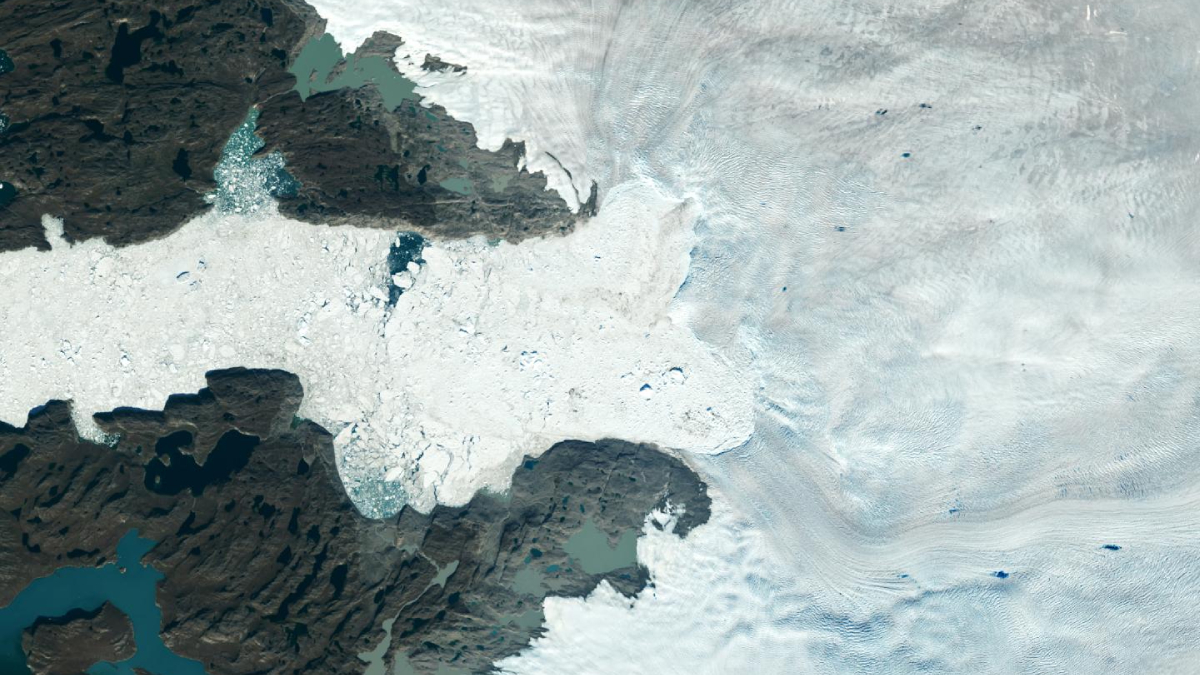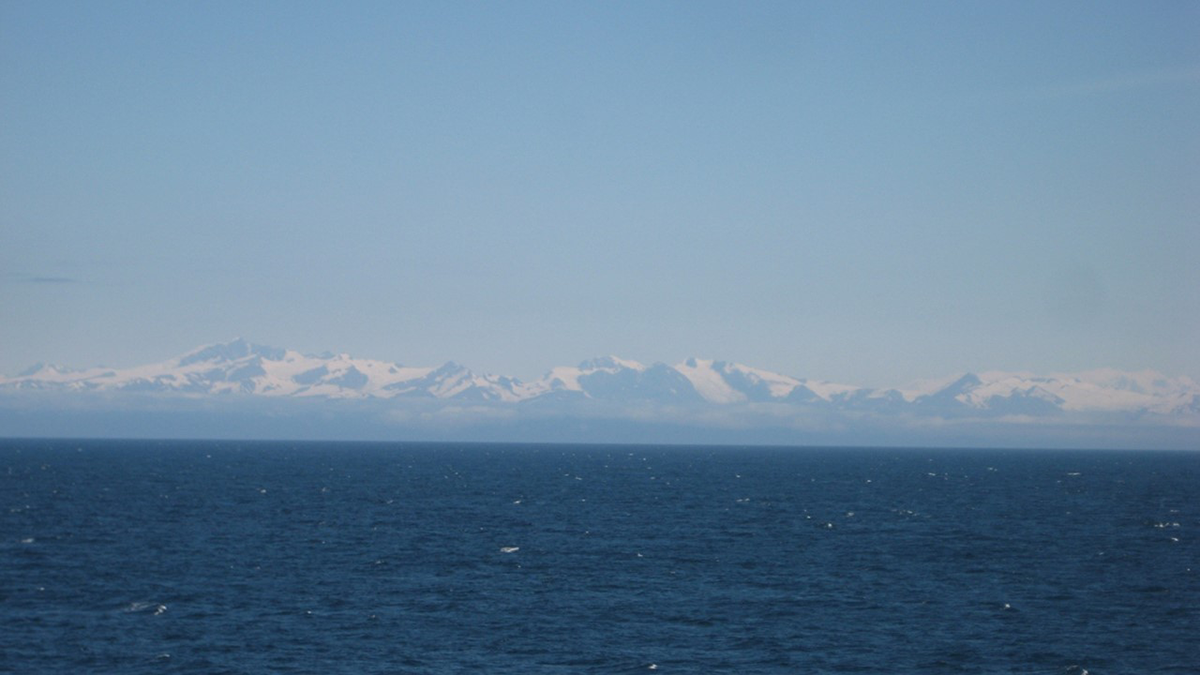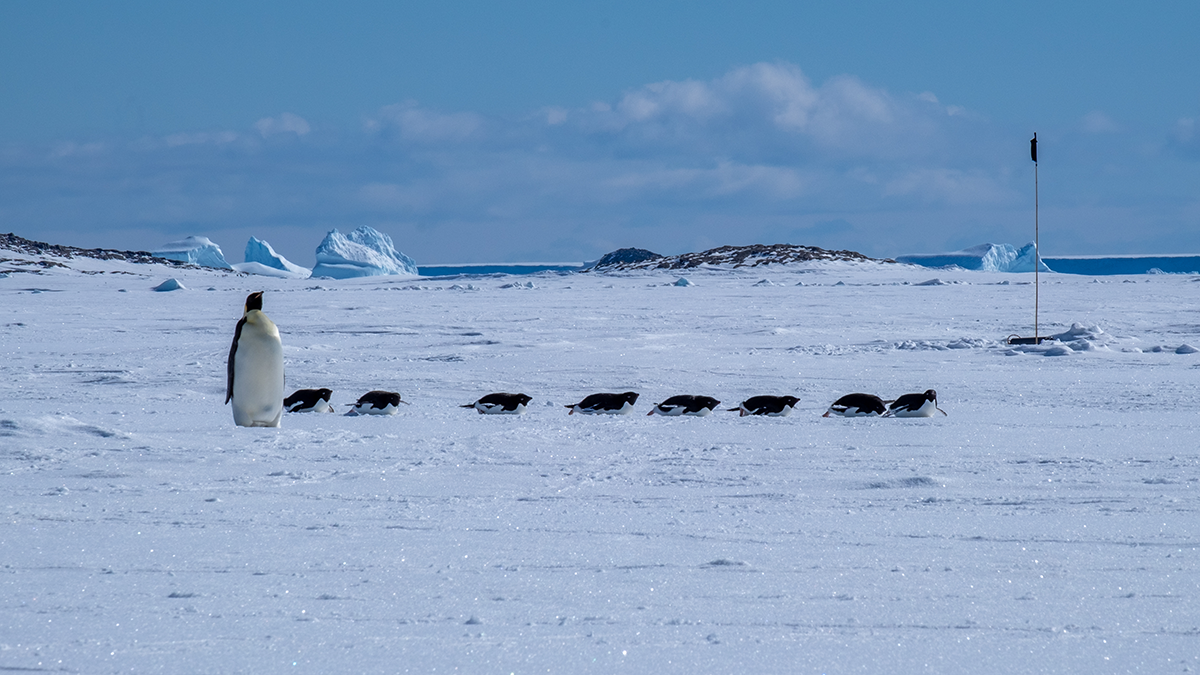U.S. elections could pull the country back from several environmental tipping points—or push it beyond them. Scientists are urging people to seek climate action beyond the ballot.
ocean circulation
Mapping the Ocean’s Motion Energy
The ocean is a central component of Earth’s climate system. But it is in perpetual motion, and understanding the transfer of kinetic energy is key to better ocean models.
科学家研究木卫二的热量如何通过海洋向上传递
木星的卫星木卫二可能是太阳系中最有希望寻找到生命的地方之一。一项新的研究探讨了热量是如何从木卫二的地幔通过海洋转移到其冰壳中的。
How Did We Miss 20% of Greenland’s Ice Loss?
The ice loss was hidden in places existing monitoring methods can’t reach, such as hard-to-map fjords. Machine learning helped scientist revise mass loss estimates and uncover patterns in glacial retreat.
Comparing Carbon-Trapping Capacities of Anoxic Basins
Low-oxygen regions in the ocean could be prime spots for sequestering biomass—a potential strategy for fighting climate change. But each site has its pros and cons.
Scientists Investigate How Heat Rises Through Europa’s Ocean
A new study examines how heat may be transferred from the mantle, through the ocean, and into the icy crust of one of Jupiter’s moons—perhaps among the most promising places in our solar system to search for life.
Ocean Deserts Could Help Capture CO2 and Mitigate Global Warming
Various nutrient sources in the upper waters of oceanic subtropical gyres, which are the Earth’s largest oligotrophic ecosystems, play a crucial role in governing the sequestration of atmospheric CO2.
Marine Sediments Reveal Past Climate Responses to CO2 Changes
Climate records stored in marine sediments reveal different ice sheet and ocean responses to falling atmospheric CO2 concentrations from the warm Pliocene to the ice ages of the Pleistocene.
Pliocene Conveyer Belt in the Pacific
Ocean Drilling Program cores and helium isotopes put better constraints on the ocean circulation in the north Pacific.
Landfast Sea Ice: The Most Important Ice You’ve Never Heard Of
Landfast sea ice, sea ice that is held stationary against the Antarctic continent, links firmly with many key climate processes, but its importance is only being fully realized as its extent dwindles.










